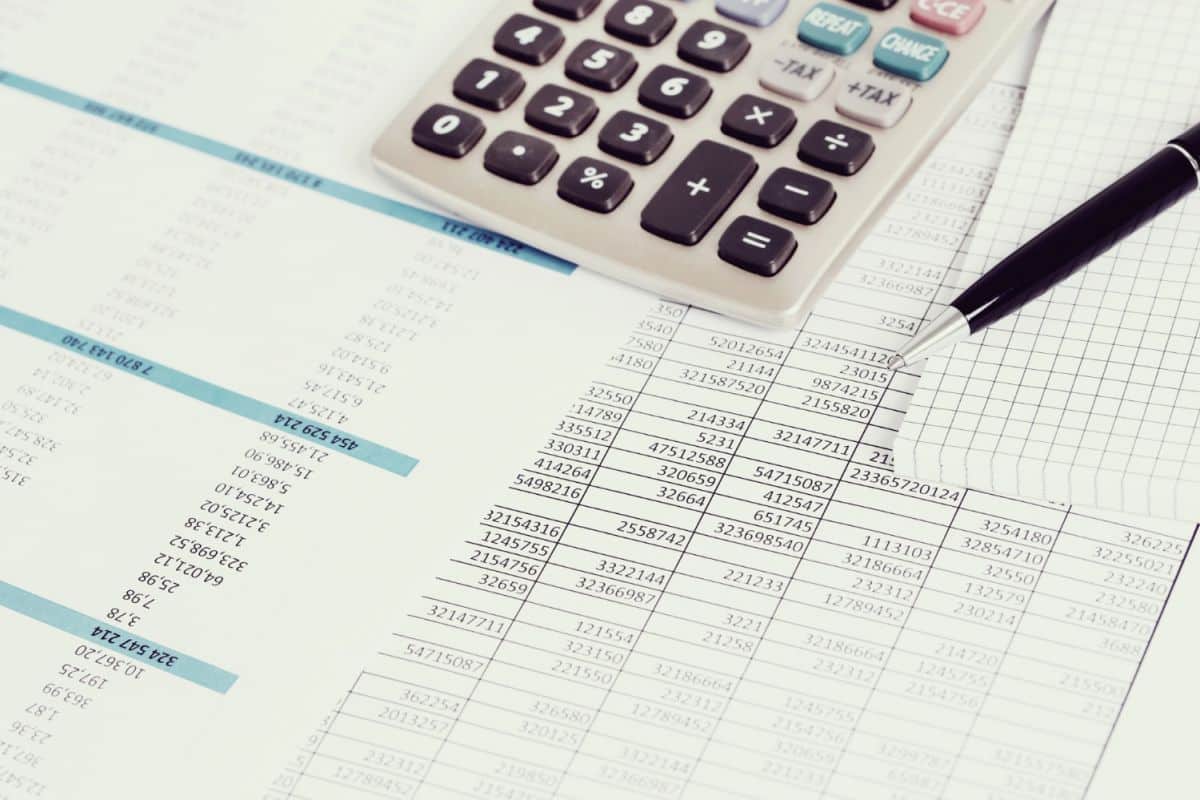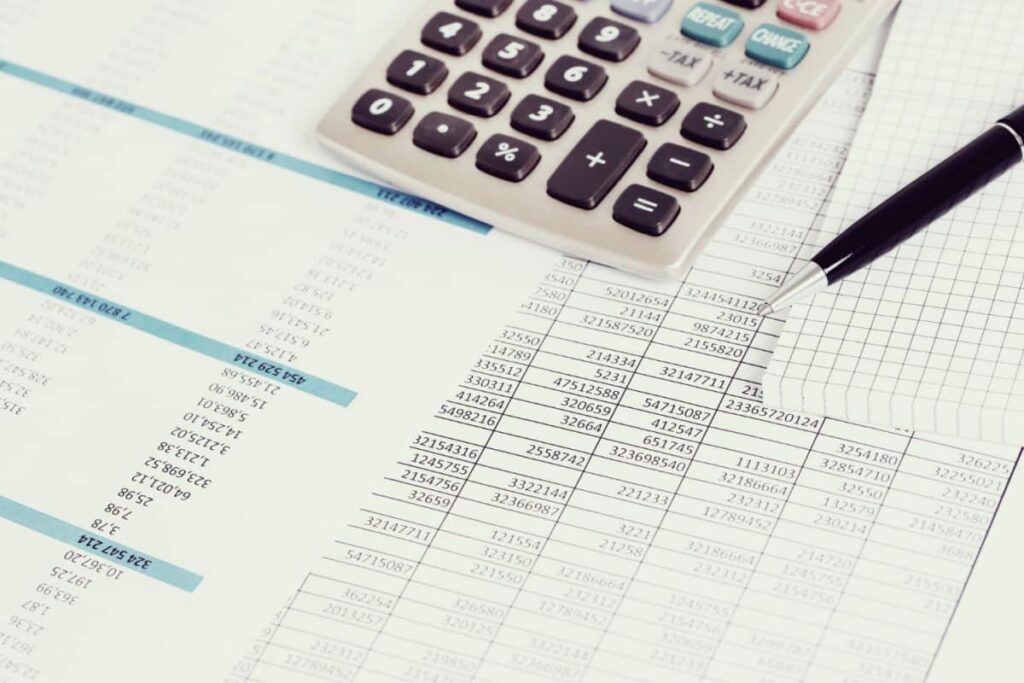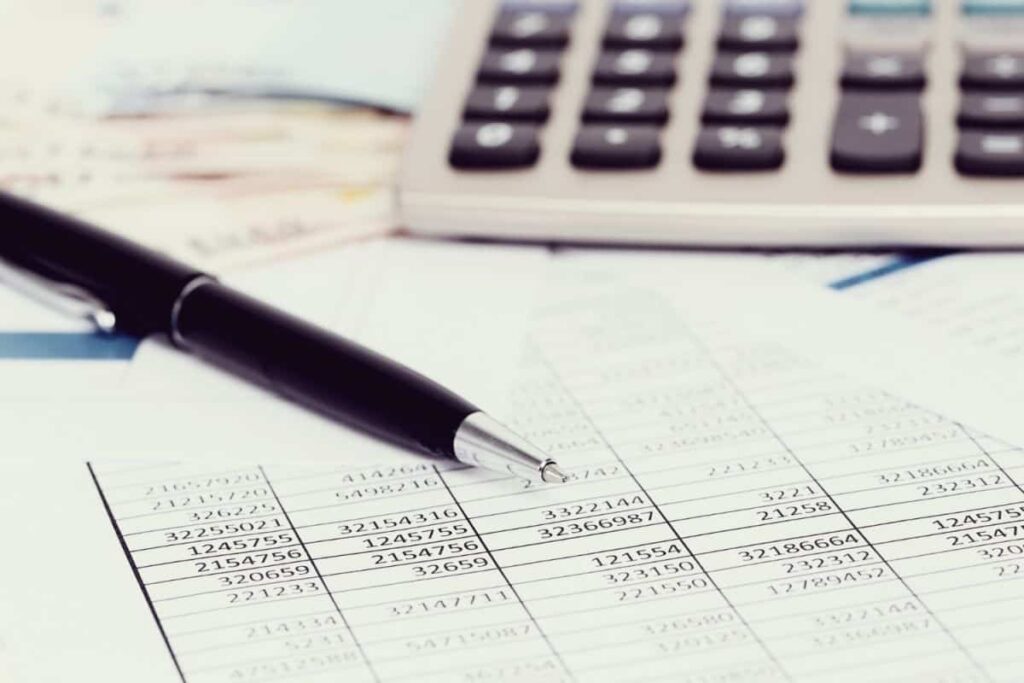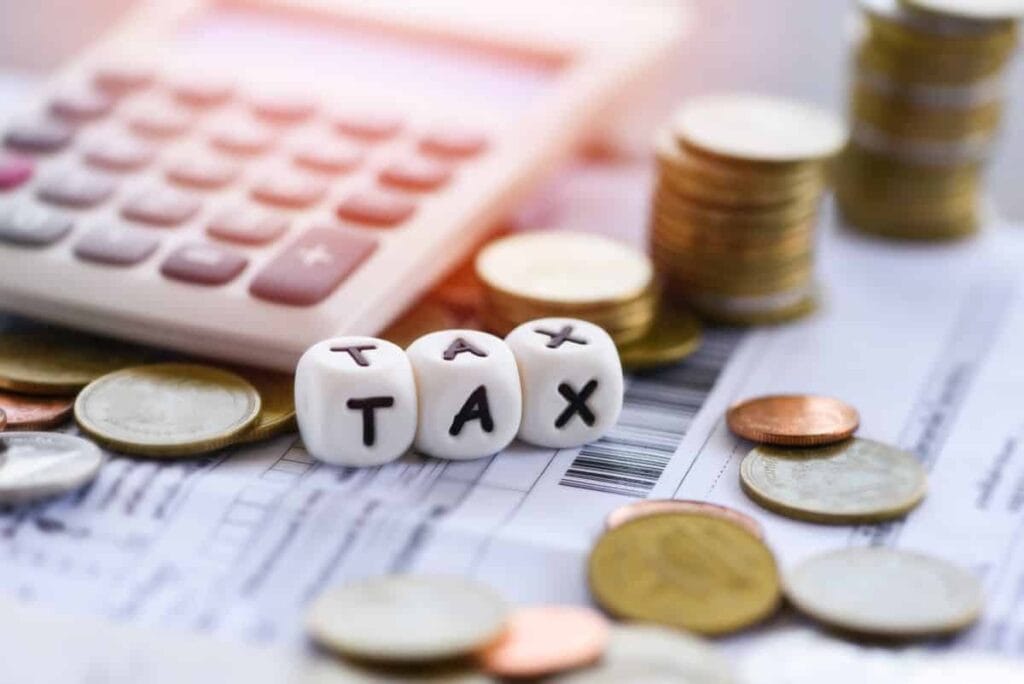Owning a rental property in Australia may be profitable, but taxes are complicated. A property owner must navigate the tax environment to prevent frequent mistakes that might cause money or legal trouble. This guide helps Australian rental property owners manage taxes and prevent frequent blunders.
Understand the Basics of Rental Income Taxation
Rental income taxes are about property income. This goes beyond regular rent cheques from tenants. Your rental property may generate many revenue sources. When a renter pays you to quit their lease early, you get rental money. Cleaning and maintenance fees are also taxed. Each string of money streams contributes to your property's taxable income.
It's important to know when to estimate revenue and what to include. Australia taxes money in the year it's received, not when it's due. Even if a renter pays December rent in January for tax reasons, such revenue belongs to the year received.
One common area often trips up rental property owners is handling the security deposit. This is a unique beast in the realm of rental income. Generally, security deposits aren't considered income when initially receiving them, provided you're holding them as a bond and potentially returning them to the tenant. However, if you keep any part of the deposit - say, for repairs for damage the tenant caused - that amount becomes taxable once it's no longer refundable.
Understanding these rental income taxation aspects is key. It's about increasing investment efficiency and profitability, not merely avoiding penalties or audits. Accounting for your income prevents tax overpayment and keeps your finances in line. When walking a tightrope, leaning too far might have serious repercussions. Still, with the appropriate mix, you can comfortably move forward, knowing your investment is successful and compliant.
Keep Accurate and Detailed Records
As with any small business, diligent record-keeping is essential to the financial health of your rental property. This is the foundation of efficient rental property management, not just an organisational effort. Keeping detailed records prepares you for tax time and helps you make property decisions.
Imagine effective rental property management record-keeping. Start by recording all property financial transactions. This covers rental income, mortgage payments, and other expenses, big and small. Every property expense must be monitored, from advertising for new renters to fixing a window lock.
It goes beyond money tracking. You should also retain copies of any contracts and agreements, such as leases with renters, property management contracts, and repair and maintenance contracts. These documents matter. They clarify interaction terms and protect against misconceptions.
Communication is crucial too. Recording tenant interactions concerning rent hikes, maintenance requests, and lease discussions is vital. Property management is complicated, but these documents can help understand prior talks and agreements.
Now, why is this important? First, keeping precise records of your income and spending makes tax time easier. It's like a guidebook through deductions and the complexity of income declarations. More significantly, your well-kept records will demonstrate your diligence and compliance to the Australian Taxation Office (ATO) whenever they audit or question your tax issues.
Good record-keeping helps you understand your property's financial performance beyond tax responsibilities. Reviewing your records regularly may help you see patterns, manage cash flow, and make strategic decisions like raising rent or investing in major upgrades.
Accurate and precise records are essential for a solid rental property business. It's proactive, assures tax compliance, and gives property owners the tools and knowledge to manage their investments.
Know What You Can Deduct
Knowing what costs you may deduct when managing your Australian rental property is like having a tax savings key. These deductions lower taxable income and reflect rental income expenses. Rental property owners can claim these common expenditures.
1. The Common Deductible Expenses
1. Advertising for Tenants
Your property advertising costs are tax-deductible, and finding the appropriate tenant is vital. These fees are important for rental revenue, whether you advertise online, in media, or through a real estate agent.
2. Property Management Fees
Property managers' fees are deductible. Rent collection, property management, and tenant communication are included. The ATO acknowledges it as a business cost.
3. Loan Interest and Bank Charges
Rental property loan interest is deductible. Property owners generally spend more on this. It covers interest on property purchase, repair, and remodelling loans. Remember that loan principal repayment is not deductible.
4. Maintenance and Repairs
To maintain your property rentable, regular maintenance and repairs are deductible. Fixing a leaking faucet or painting walls are examples. These should be distinguished from upgrades or renovations, which are not immediately deductible but may depreciate.
5. Depreciation
Building, fixtures, and fittings can be depreciated over several years. This shows property and contents wear over time. A less noticeable but important deduction, it can significantly lower your taxable income.
6. Insurance
Renters' building, contents, and public liability insurance costs are deductible. This straightforward expense provides financial protection and is recognised by the ATO.
7. Council Rates and Strata Fees
Council rates or strata fees for apartment owners are deductible. Operating and maintaining a rental property requires these recurring fees.
2. The Importance of Getting It Right

Understanding and claiming these deductions accurately is vital. Overlooking legitimate deductions means you could be paying more tax than necessary. Conversely, claiming incorrectly could attract penalties from the ATO. This is where the complexity of tax law comes into play, making it sometimes challenging to navigate what's allowable and not.
The distinction between immediate deductions like repairs and capital upgrades that must be depreciated is tricky. Changing a few tiles is a repair, but upgrading your bathroom is an improvement.
The ATO also defines deductible expenses quite precisely and updates them often. Being aware of these shifts is vital. Compliance isn't enough—you need to maximise your ROI.
Understanding what you may deduct is crucial to rental property financial management. Staying informed, categorising expenses, and consulting property investment tax specialists are essential. Your property may generate rental revenue and run tax-efficiently with the appropriate method.
Understand the Rules Around Capital Gains Tax (CGT)
Understanding Capital Gains Tax (CGT) is essential to operating an Australian rental property. Understanding CGT is more than simply following tax regulations; it's about knowing how your actions might affect your finances, especially when selling property.
Capital Gains Tax is the tax on rental property sales profits. It seems simple, yet there are several levels. After costs and deductions, the 'capital gain' is the difference between what you purchased for the property and what you sold it for. However, selling and purchase prices are not everything. Legal expenses, stamp duty, and agent's fees from buying and selling the property also apply. They can typically boost your capital gain.
Your property ownership time also affects CGT. If you've held the property for over a year, you're eligible for a 50% tax deduction on capital gains. This tax concession recognises long-term investment and reduces your cost significantly.
CGT is complicated since it involves your property's history. The regulations may be different if the property was your primary residence before renting it. The ‘main residence exemption’ may free you from CGT for some of your ownership tenure. The length of time you resided in the home and when might greatly affect your CGT liabilities.
You pay CGT with your income tax. The capital gain is applied to your income the year you sell the property, which may raise your tax rate. This implies your CGT payment depends on your income and tax status that year.
Understanding CGT rules requires learning how they relate to your circumstances, not simply the basics. Property investment methods, long-term financial objectives, and other revenue sources affect CGT calculations.
CGT is complicated and might affect your property investment's return. It takes forethought and consideration throughout your property ownership, not just at sale. Staying educated, getting competent guidance, and planning can help you negotiate CGT restrictions and reduce your tax responsibilities, making your investment journey worthwhile.
Don’t Forget Land Tax
Australian property investment requires consideration of land tax. Rental property owners commonly overlook this tax, yet it's crucial to financial management.
The state-imposed land tax applies to landowners. Land tax is complicated compared to other property taxes. The value of the land your property is on determines its computation, not the property itself. This distinction is essential since the tax is more about land value than buildings.
The variation in Australian property tax from state to state makes it fascinating and sometimes difficult. Annually changing standards and rates apply to each state and territory. Even if the land values are identical, New South Wales and Victoria may have different land taxes. This diversity requires property owners to grasp local regulations and rates, especially if they own properties in many states.
Another land tax aspect often surprises property owners is that it's only sometimes a flat rate. In many states, the tax is progressive, increasing the value of the land. This development may affect your investing plan. Your land tax burden may increase as your property value does, affecting your rental yields and investment return.
The timing and method of assessment for land tax also require attention. The property's ownership and value at a certain date determine its assessment at the start of each year. After this date, ownership or land value changes won't affect your land tax for that year, but they will the next year.
In some cases, land tax exemptions and concessions apply. Your principal dwelling is normally exempt, and key production properties may be exempt. Knowing these can be crucial in tax planning and maximising the profitability of your property portfolio.
Land tax is an essential consideration for rental property owners in Australia. Its state-specific character, progressive rates, and yearly evaluation demand expertise and proactive management to comply with regulations and maximise investment. Keeping up with state laws, knowing how land tax will affect your investment and planning are crucial to managing this often-overlooked part of property ownership.
Be Cautious With Negative Gearing
Diving into negative gearing in the Australian property market requires a blend of caution and strategy. Property investing talks typically include this alluring and dangerous concept. Negative gearing occurs when property expenditures, including loan interest, upkeep, and other expenses, exceed revenue. Though paradoxical, this circumstance can give tax advantages, but it's a delicate balance that requires careful thought.
The tax consequences of negative gearing are its main draw. The loss generated from the property can be offset against your other income, effectively reducing your overall taxable income. Investors may benefit from this reduction's large tax refund. However, vigilance is needed here. When property values rise, negative gearing offsets short-term financial loss with long-term capital gains. However, this long-term advantage is not assured.
Understanding that negative gearing causes immediate financial loss is crucial. Your property costs more than you earn. This plan expects the property's capital increase to offset these losses and provide a profit. Unpredictability in the property market is a danger. Market circumstances might change, so your home may appreciate less than expected. Due to this unpredictability, negative gearing should be one of many property investment strategies.
Additionally, heavy negative gearing might affect cash flow. Spending more than rental revenue might strain you financially, especially if you have no other income. Financial pressure increases when interest rates rise, or rental income falls.
Also, examine your long-term investing goals and risk tolerance. High-risk, long-term investors are better suited to negative gearing. It takes patience and financial grit to withstand market downturns.
Negative gearing can be advantageous sometimes, but its pros and cons must be understood. It should be part of a balanced investing plan, not a one-size-fits-all answer. Whether negative gearing is ideal for investment goals requires careful preparation, property market knowledge, and competent financial counsel.
Stay Informed About Changes in Tax Legislation
Understanding tax law changes is like negotiating Australia's ever-changing rental property market. Property investment tax rules change, sometimes gradually and sometimes considerably, in reaction to economic policies, housing market dynamics, and government actions. Keeping up with these developments helps property owners comply, protect, and maximise their investment.
Consider tax law as a living entity that affects property profitability and responsibility. Depreciation laws, Capital Gains Tax standards, and what constitutes a deductible repair vs an improvement can significantly impact your tax responsibilities and advantages. These changes affect your tax bill, deductions, and property investment's financial health.
Thus, staying informed requires proactivity. It involves reviewing ATO changes and remaining linked with property investing industry associations. These institutions offer updates, seminars, and tools to assist you in adjusting to legislation changes.
Building a relationship with a property tax expert is also beneficial. These tax professionals can advise you year-round and tell you about investment developments. They can explain complicated laws and provide you with customised guidance.
In the digital age, using internet resources is wise. Newsletters, internet forums, and trustworthy property investing blogs can give timely information and insights. It's important to check this information with official sources or specialists to confirm accuracy and relevancy.
Responsible and successful rental property owners must stay abreast of changes in tax laws. It involves dealing with your property's financial and regulatory surroundings. Ensuring compliance and making educated decisions that correspond with current regulations and future trends ensures the durability and success of your investment.
Conclusion
Finally, Australian rental property owners must be diligent, knowledgeable, and clever while negotiating the tax situation. It's about optimising your investment, not just meeting requirements. Understanding rental income taxation, keeping accurate and detailed records, knowing what expenses you can deduct, understanding Capital Gains Tax, being aware of land tax obligations, and approaching strategies like negative gearing with caution are essential to successful property management.
Property investment taxes are complicated and changing. They demand not only your attention but also a willingness to stay informed and adapt. Remember, the goal is to avoid mistakes and optimise your investment. This means making informed decisions, leveraging professional advice when necessary, and monitoring how tax laws and market conditions affect your property.
Your investing journey, from financial structure to planning, depends on your decision. Property investing is dynamic and competitive, so being prepared and tax-savvy may make a big difference. Finding the correct mix between compliance, profitability, and strategic expansion may lead to long-term success in the Australian rental property market.

Content Summary
- This guide provides tips for Australian rental property owners to avoid common tax mistakes and maximise investment efficiency.
- Understanding the basics of rental income taxation is crucial, as it goes beyond regular rent cheques from tenants and includes cleaning and maintenance fees.
- In Australia, taxes money in the year it's received, not when it's due.
- One common area often encountered by property owners is handling security deposits, which are not considered income when initially receiving them but become taxable once they're no longer refundable.
- Maintaining accurate and detailed records is essential for efficient rental property management.
- This includes recording all property financial transactions, including rental income, mortgage payments, and other expenses.
- It also goes beyond money tracking and should include copies of any contracts and agreements, such as leases with renters, property management, and repair and maintenance contracts.
- Communication is also vital, as recording tenant interactions concerning rent hikes, maintenance requests, and lease discussions helps understand prior talks and agreements.
- Keeping precise records of income and spending makes tax time easier and shows diligence and compliance with the Australian Taxation Office (ATO) when auditing or questioning tax issues.
- Good record-keeping helps property owners understand their property's financial performance beyond tax responsibilities, making strategic decisions like raising rent or investing in major upgrades.
- Knowing what costs can be deducted when managing a rental property is like having a tax savings key.
- Common deductible expenses include advertising for tenants, property management fees, loan interest and bank charges, maintenance and repairs, depreciation, insurance, council rates, and strata fees.
- Understanding and claiming these deductions accurately is vital, as overestimating legitimate deductions means paying more tax than necessary and attracting penalties from the ATO.
- The complexity of tax law makes it difficult to navigate what's allowable and what's not.
- The distinction between immediate deductions like repairs and capital upgrades that must be depreciated is tricky, and awareness of these shifts is vital.
- In conclusion, understanding what you may deduct is crucial to rental property financial management.
- Staying informed, categorising expenses, and consulting property investment tax specialists are essential for generating rental revenue and running tax-efficiently.
- Understanding Capital Gains Tax (CGT) is crucial for operating an Australian rental property.
- CGT is a tax on rental property sales profits with several levels, including capital gain, legal expenses, stamp duty, and agent's fees.
- Property ownership time also affects CGT, with over a year holding the property eligible for a 50% tax deduction on capital gains.
- CGT is complicated due to property history, with regulations varying depending on whether the property was the primary residence before renting.
- The main residence exemption may free you from CGT for some of your ownership tenure.
- CGT payments depend on income and tax status that year.
- Land tax is another important aspect of Australian property investment, often overlooked but crucial to financial management.
- It is state-imposed and depends on the value of the land your property is on, not the property itself.
- The variation in Australian property tax from state to state makes it interesting and sometimes difficult.
- The land tax burden may increase as property value increases, affecting rental yields and investment returns.
- The timing and method of assessment for land tax also require attention.
- Ownership and land value changes at a certain date determine the property's assessment at the start of each year.
- In some cases, land tax exemptions and concessions, such as principal dwelling exemptions and key production properties exemptions, may apply.
- Land tax is an essential consideration for rental property owners in Australia, requiring expertise and proactive management to comply with regulations and maximise investment.
- Negative gearing is a concept in the Australian property market where property expenditures exceed revenue, leading to tax advantages but also causing immediate financial loss.
- This strategy can offset the loss against other income, reducing overall taxable income and potentially providing a large tax refund.
- However, this long-term advantage is not guaranteed.
- Unpredictability in the property market is a danger, as market conditions may change, leading to less appreciation of homes.
- Heavy negative gearing can also affect cash flow, especially for high-risk investors.
- It is essential to consider long-term investing goals and risk tolerance when deciding whether negative gearing suits investment goals.
- Keeping informed about changes in tax legislation is crucial for property owners.
- Property investment tax rules change in response to economic policies, housing market dynamics, and government actions.
- Understanding these changes can help property owners comply, protect, and maximise their investment.
- Depreciation laws, Capital Gains Tax standards, and what constitutes a deductible repair vs. improvement can significantly impact property profitability and responsibility.
- Responsible and successful rental property owners must stay abreast of changes in tax laws and deal with their property's financial and regulatory surroundings.
- Ensuring compliance and making educated decisions that correspond with current regulations and future trends ensures the durability and success of their investment.
- In conclusion, Australian rental property owners must be diligent, knowledgeable, and clever when negotiating the tax situation.
- Understanding rental income taxation, keeping accurate records, knowing what expenses can be deducted, understanding Capital Gains Tax, being aware of land tax obligations, and approaching strategies like negative gearing with caution is essential for successful property management.
Frequently Asked Questions
Several tax deductions are available to rental property owners. These include tenant advertising, property management costs, loan interest, maintenance and repairs, property and fixture depreciation, insurance payments, and council charges. Understanding these categories helps optimise deductions.
CGT is imposed on rental property sales profits. Your CGT determines how long you've held the home and if it was your principal residence. A 50% CGT deduction may be available if you've held the property for over a year. You must calculate this properly and evaluate its influence on your tax liability.
Maintaining thorough records is essential. Income and costs should be recorded with leasing agreements, receipts, and bank statements. Maintaining proper records helps file taxes and claim deductions. These data will also be needed for Australian Taxation Office audit verification.
This depends on the remodelling type. General maintenance and repairs to keep the property in good shape are deductible immediately. Improvements and upgrades that increase property value should be deductible. Depreciation occurs over several years. Repairs and upgrades must be distinguished for tax reasons.
Negative gearing happens when rental property expenditures exceed revenue. This loss might reduce taxable income by offsetting other income. Negative gearing must be handled carefully. Long-term capital growth is risky, so be sure it fits your investing goals and finances.















